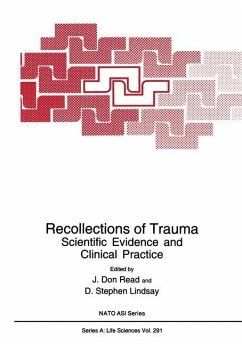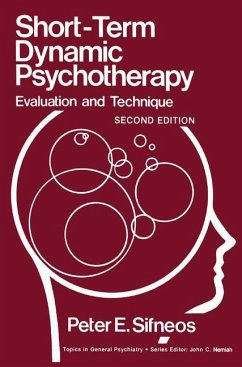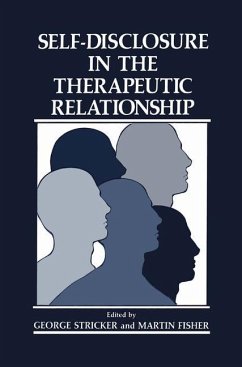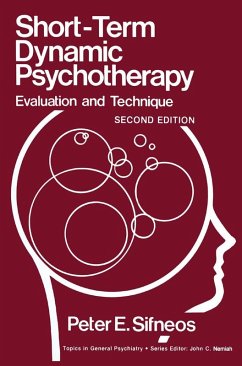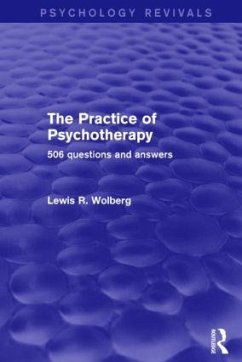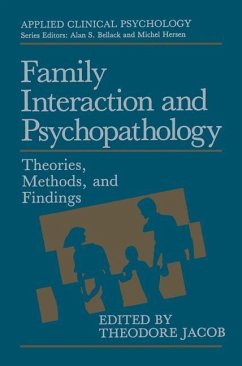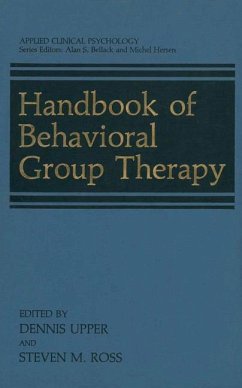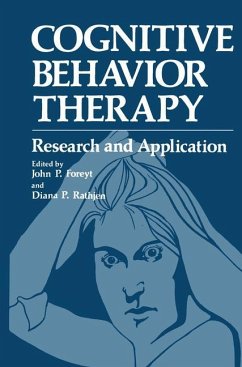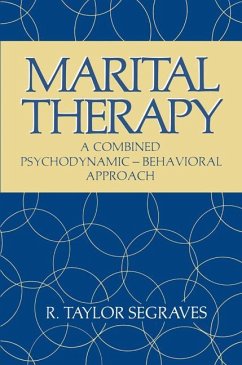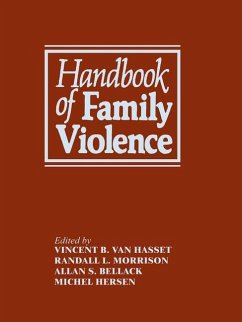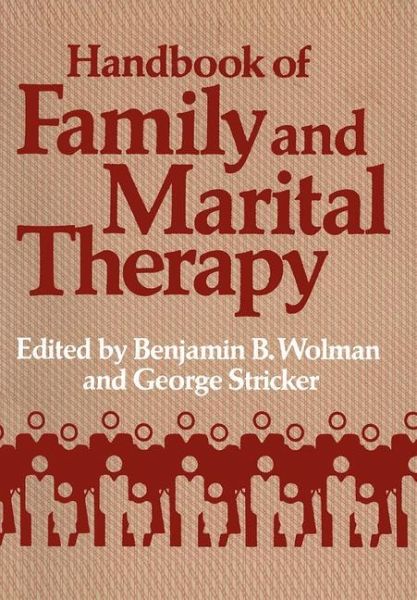
Handbook of Family and Marital Therapy

PAYBACK Punkte
54 °P sammeln!
Family and marital therapies are rapidly becoming highly used methods of treatment of mental disorders and are no longer ancillary methods to individual psychotherapy. The last few decades have brought about an increasing awareness of the fact that, excluding organic etiology, practically all mental disorders are caused, fostered, and/or related to faulty interpersonal relations. As a rule, the .earlier in life one is exposed to noxious factors, the more severe is the damage. Thus, early child-parents' and child-siblings' interactions are highly relevant determinants of mental health and menta...
Family and marital therapies are rapidly becoming highly used methods of treatment of mental disorders and are no longer ancillary methods to individual psychotherapy. The last few decades have brought about an increasing awareness of the fact that, excluding organic etiology, practically all mental disorders are caused, fostered, and/or related to faulty interpersonal relations. As a rule, the .earlier in life one is exposed to noxious factors, the more severe is the damage. Thus, early child-parents' and child-siblings' interactions are highly relevant determinants of mental health and mental disorder. Moreover, parents themselves do not live in a vacuum. Their marital interaction significantly contributes to their own mental health or to its decline, and parent-child relationships are greatly influenced by the nature of intraparental relationships. Parental discord, conflicts, and abandonment affect the child's personality development. Thus, family and marital therapy is more than therapy; it is an important contribution to the prevention of mental disorder. The present volume is comprised of three parts. The first, primarily theoretical, analyzes the fundamental aspects of marital and family therapy. The second part describes the various therapeutic techniques and the last deals with several specific issues. It gives me great pleasure to acknowledge my gratitude to my coeditor, Dr. George Stricker. Without his thorough and devoted efforts, this volume could not have come into being. I am also profoundly indebted to our consulting editors, Dr. James Framo, Dr.





